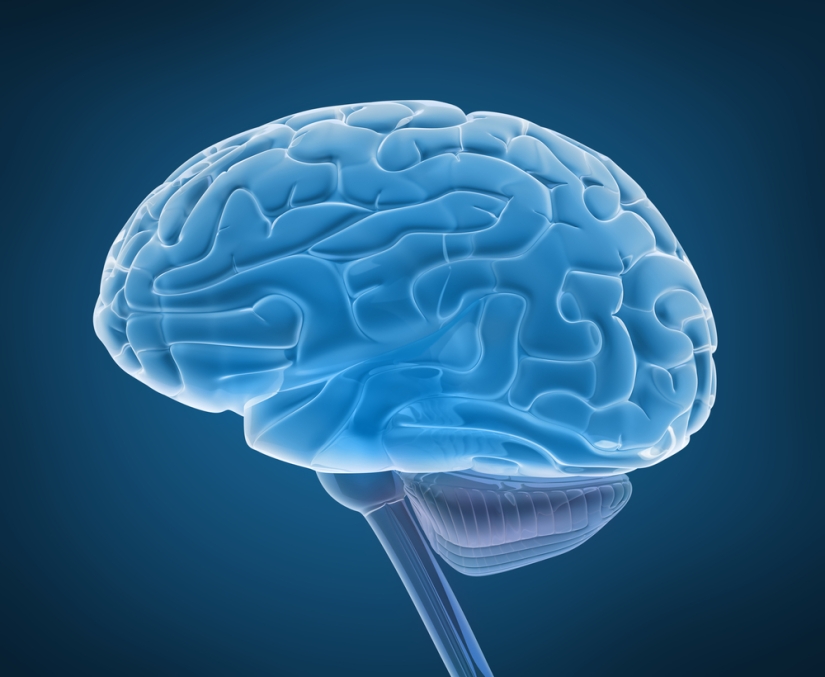Scientists have refuted the 10 popular myths
Thanks to scientific research, we often find ourselves in a situation when the truth turns out to be a myth. Hard to accept, but you have to adapt to the changing myth and to change habits. Old knowledge is not only incorrect, but useless.


Notes and notes help you remember information
Alas, it is not. Why the brain store information that is already recorded in the notebook? It makes no sense to remember what is already stored. So don't try to memorize the recipes, phone numbers, a shopping list that you have saved on paper or in the app. Scientists say that the notes are not conducive to memorization.

People get fat because of fast food and soda
Another myth, debunked by scientists. It turns out that lovers of soda and fast food are less likely to be overweight than fans of "health food". It's not fast food, and calories. It is scientifically proven that people gain excess weight due to excess calories. Not to gain weight, you need to consume the number of calories appropriate lifestyle.

Shower is always helpful
Scientists warn that too frequent showers makes people susceptible to harmful bacteria and contagious diseases. Over time, overzealous fans of hygiene are beginning to experience problems with digestion, heart. In order not to weaken the natural immunity you need to adhere to "Golden mean".

Sport is good for health
Recent scientific studies have shown that excessive exercise provoke the production of cortisol. An excess of the hormone reduces bone density. Decreased bone density – the first sign of arthritis, osteoporosis and other diseases. It is also dangerous to expose the body physical stress in iron-deficiency anemia.

Laughter is good
Everyone knows that laughter and a good mood is good for health. However, the loud, hysterical laughter could trigger an abdominal hernia, headache. Excessive laughter may cause breathing problems, fainting and cause dislocation of the jaw. Scientists advise not to forget about caution even when well, very fun.

People with a sick mentality threat
Statistics show that 90% of mentally ill people are not prone to violence and aggression. At the same time, forensic medical examination of criminals rarely finds mental illness from dangerous murderers and rapists. Society is unnecessarily keeping people with mental disorders.

Low fat diet for weight loss
The donuts and fat people should be ashamed to believe in low-fat diet. Insufficient consumption of fatty foods may trigger many health problems. For safe weight loss need to create a slight caloric deficit. By the way, an online calculator will help you calculate your own calorie consumption.

Facial expressions gives liars
Liars do not roll their eyes when you tell another lie. Scientists recommend to pay attention to the pauses in the conversation, you need to write fiction. That, however, will not help to catch in a lie of an experienced liar. They are so used to lying that is absolutely not worried.

Man uses only 10% of the brain
Magnetic resonance studies have debunked the old myth. Our brain works round the clock throughout life. People every day involves almost the entire cortex. Our head is working, even during sleep. Prophecies about "the entire brain" is not justified. Enough to think a head, to avoid becoming easy prey for scammers.

Men preoccupied with sex every seven seconds
It is scientifically proven that natural instinct of reproduction causes sexual thoughts. However, such thoughts can occur every seven seconds. Our brain constantly receives and processes a huge amount of information. It is impossible to "get stuck" on the same thoughts through such a short period of time. Such a failure would lead to the collapse of the brain.
The destruction of familiar myths – the natural process that characterizes scientific progress. The world is changing. This has its charms and difficulties. Scientists believe that the evolution of humanity continues!
Keywords: Knowledge | Lies | Myths | Truth
Post News ArticleRecent articles

Twitter user @FactBuffet collects interesting facts about everything. Today we bring to your attention another series of facts that ...

Aomori Prefecture in the north of the Japanese island of Honshu is an agricultural region famous for its delicious apples. In ...
Related articles

Colin and Kristin Poole are an amazing creative family. Colin is a world-renowned artist, and his wife Kristin is a wonderful ...

No wonder they say that knowledge is power. Just learning something new and improving existing skills, people can achieve real ...

A person's sleep is one of the most mysterious states. It is shrouded in many myths and conjectures, and some of them play a ...

Imagine a baby vampire or a tiny zombie with glass eyes ... An artist from the USA Bean Shanine specializes in creating such ...